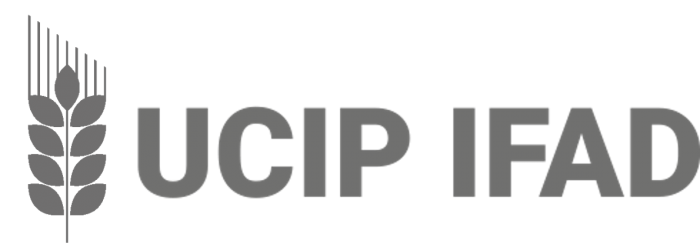TERMS OF REFERENCE
DEVELOPMENT OF MID-TERM IMPACT ASSESSMENT SURVEY
YOUTH ENTREPRENEURSHIP FINANCING
RURAL FINANCIAL SERVICES AND AGRIBUSINESS DEVELOPMENT PROJECT (IFAD V)
ASSIGNMENT DURATION: FEBRUARY TO APRIL
BACKGROUND INFORMATION
Rural Financial Services and Agribusiness Development Project (RFSADP), the fifth IFAD funded project in Moldova became effective on the 4thof July 2011 and would be implemented during a 60 month period. Currently the project is about to reach the Mid-Term of its implementation stage.
The goal of RFSADP is reduction of income poverty and malnutrition among poor rural people in Moldova.
IMPACT ASSESSMENT
The main objective of the assignment is to assess the impact of project interventions on beneficiaries (Period July 2011 – January 2014) under the Youth Entrepreneurship Financing.
The assessment will compare socio-economic situation of beneficiaries and non-beneficiaries. The aim is to understand and quantify the impact of various project components individually and collectively. Studies about other components’ impact will be conducted in parallel with this activity and information provided depending on the availability. In addition, the assessment will measure the project impact on poverty, livelihood and nutrition of direct and indirect beneficiaries.
Impact of poverty will be assessed based on proxy indicators such as household assets and expenditure. Impact on nutrition will be assessed using the Dietary Diversity indicator. The Logframe indicators (see Annex 1) will serve as a basis for the assessment by project component. Information on outputs of the project as of 30.09.2013 is presented in Annex 2. Information on outputs as of 31.12.2013 will be provided by the CPIU.
Available baseline data will be provided by the project CPIU. When baseline data is not available, these should be gathered from the secondary data sources such as censuses, Living Standards Measurement Surveys (LSMS), etc. or by using the ‘recall’ method (coinciding with the project start time) for both beneficiaries and the control group.
The survey should be conducted using face-to-face interviews of the target group – households and individuals.
Sampling strategy: The sample sizewill be calculated using standard statistical formulae, using 95 per cent confidence level and with the margin of error at 5 per cent as the first choice. The sample will include both beneficiaries and non-beneficiary (control group) households. The sample will ensure proportionality and representativeness of the different project components. As a guide, the minimumsample size for each component can be taken to be as under:
- Youth entrepreneurship financing: 250beneficiary HHs/individuals; 75 control group HHs
- Pre- and post- financing training: 200beneficiary/ 50 control group
Thus, the minimumtotal sample size for the project will be: 450 beneficiary households and 125 control group households. The sample size should also take into account the non-response rate, based on previous experience in the country, or 10 per cent, as a benchmark.
If an overall frame of households is available, then the survey could use one-stage or two-stage random stratified sampling design. If only separate frames of households are available for each area, then only two-stage sampling would be used. Selection of households, if an accurate list of all households in the community is available, will be done using the household list method. Alternatively, the community or village can be divided into ‘plots’ and households selected from each plot. If none of these methods are possible, then the random walk method should be used.
For more details see:
OFFER CONTENT
Interested consulting companies should submit their applications consisting of the following documents/information to demonstrate their qualifications:
1. Technical Proposalwill include: the profile of the company, relevant experience for the assignments including brief information on all studies undertaken; staffing (CV of each team member), proposed methodology to perform the assessment, the size of the sample to be analyzed, the work plan (activities) and resources (including number of person-day), duration of the assignment;
2. Financial proposalwill obligatory include the consulting fee and operational expenditures related to the assignment. The cost of services must be provided in USD at 0% VAT[1].
CONDITIONS FOR OFFER’S SUBMISSION
To be considered interested companies should submit their proposal (technical and financial offer) in original and a copy in separate sealed envelopes. Each envelope will consist of the technical and financial offer sealed in separate envelopes as well ( a total of 2 envelopes, each with 2 envelopes inside). Offers to be submitted to the following address: CPIU-IFAD, 162, Stefan cel Mare si Sfint blvd., office 1303, MD-2004 Chisinau, Republic of Moldova no later than 03 February 2014, 15:00. Any request for clarification must be sent in writing by standard electronic communication to igor.spivacenco@ifad.mdor office@ifad.md.
NOTE: The Company to be contracted for the above study cannot beneficiate of more than one IFAD contract in the same period of time.



 Terms of Reference
Terms of Reference